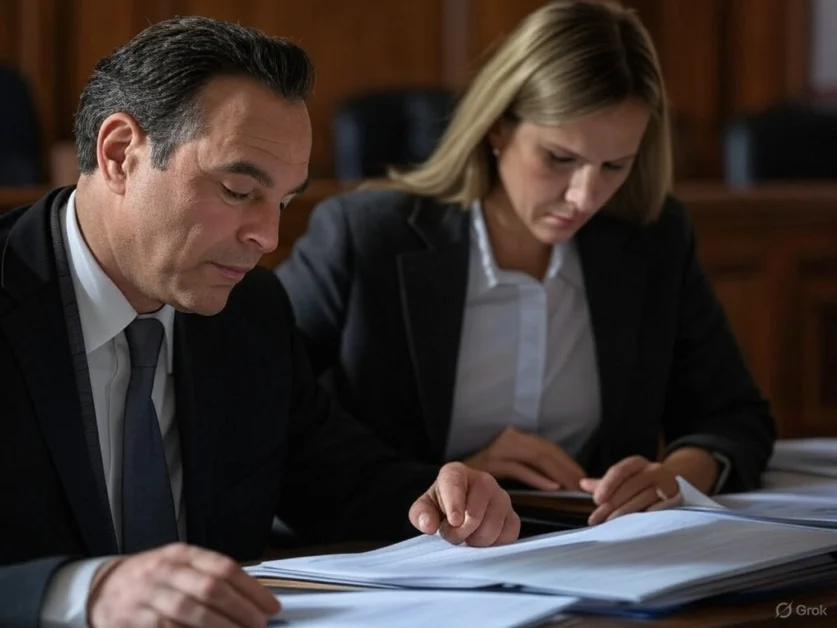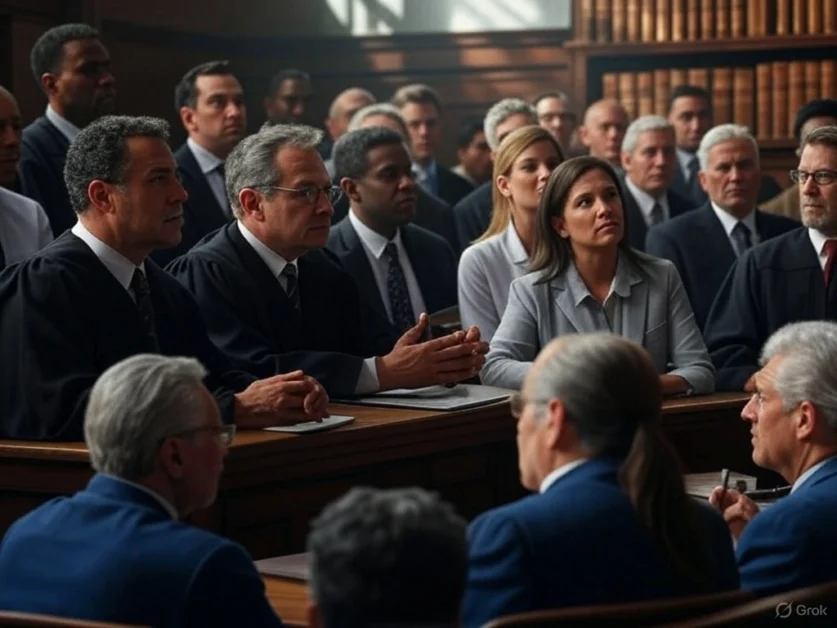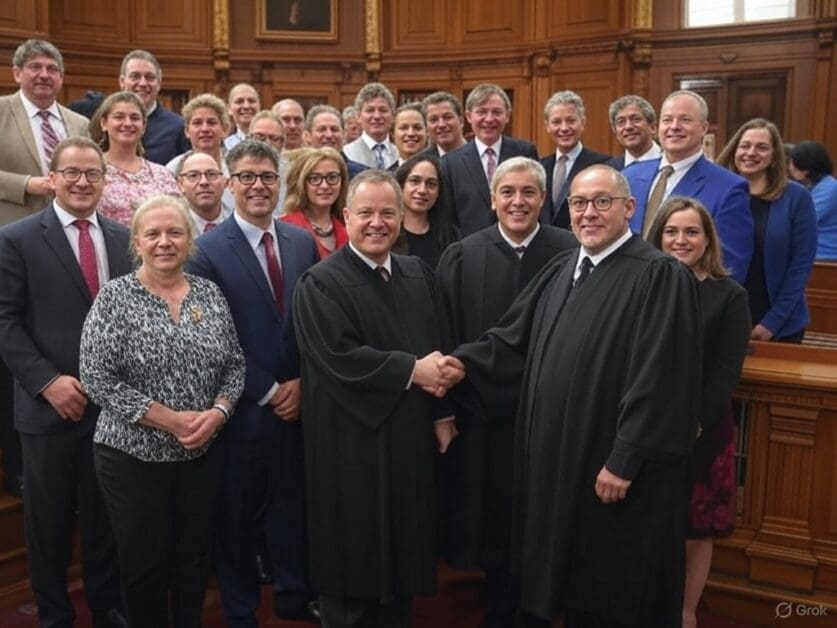How the 5th and 14th Amendments Protect Due Process Rights
The Fifth and Fourteenth Amendments stand as twin pillars in our constitutional architecture, establishing crucial protections against governmental overreach through their respective due process clauses. These constitutional guarantees ensure that no person shall be “deprived of life, liberty, or property, without due process of law.” Though separated by nearly eight decades and born of different […]
How the 5th and 14th Amendments Protect Due Process Rights Read More »









